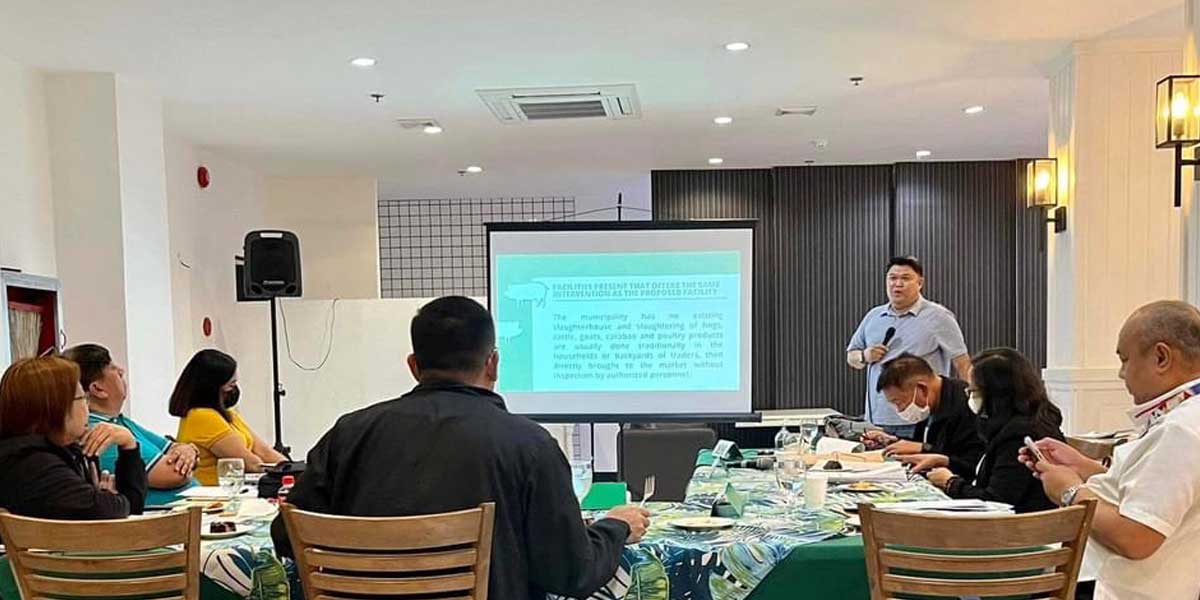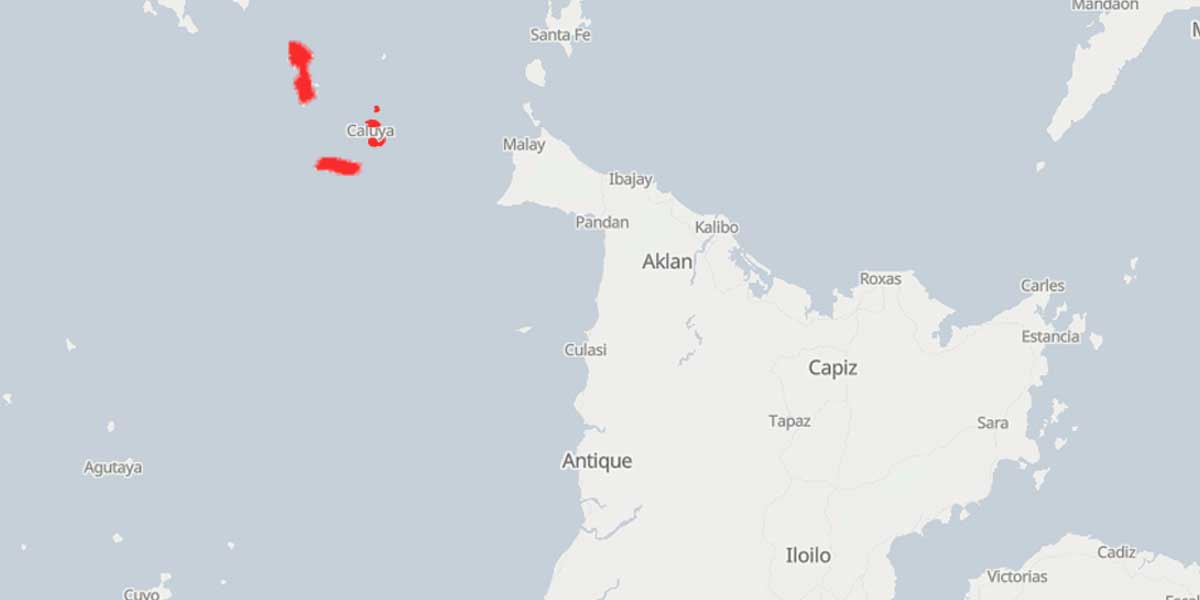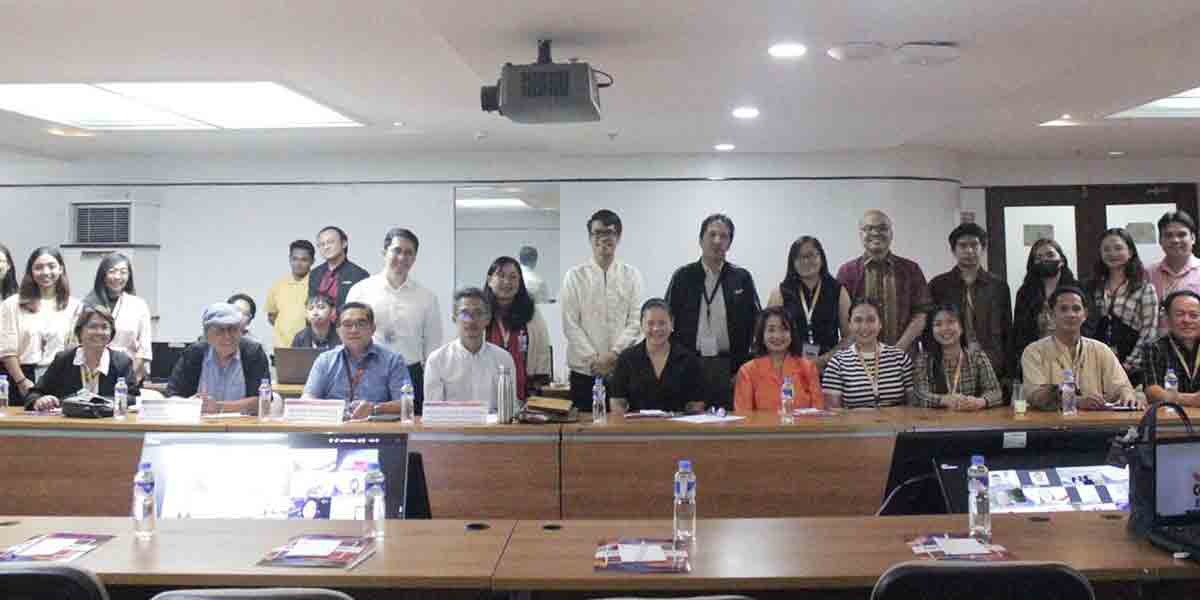
By Glazyl Y. Masculino
BACOLOD CITY – The municipal government of E.B. Magalona in Negros Occidental is set to receive funding from the Department of Agriculture (DA) for the proposed development of an abattoir, also known as a slaughterhouse, in Barangay Gahit. During a meeting last week at Negros Residences, Mayor Marvin Malacon shared the feasibility study of the project with the Western Visayas Regional Project Advisory Board (RPAB).
The RPAB has sanctioned a P55 million budget for this project, which will be realized through the Philippine Rural Development Project (PRDP) funded by the DA.
The proposed “E.B. Magalona (Saravia) Municipal Abattoir” is envisioned to be an accredited facility, delivering high-quality services in the slaughtering of animals, ensuring safe and hygienic meat for consumers, as noted in the project brief.
An abattoir is designated for the slaughtering and processing of livestock including pigs, cows, chickens, and goats.
“The establishment is committed to ensuring that animals for slaughter and carcasses are inspected by certified meat inspectors and adhere to legal standards set forth by Republic Acts 9226 and 10536, known as the Meat Inspection Code, and 10611, the Food Safety Act,” the brief elaborates.
Following the RPAB’s funding approval, the next step for the abattoir project is the bidding process, stated Engr. Erwin Poniado, head of the Municipal Planning and Development Office.
The RPAB, tasked with reviewing and endorsing plans and studies for PRDP funding, is a collaborative, multidisciplinary panel which, for this deliberation, included Engr. Moises Mana-ay, deputy project director of DA-6; Lucrecia Taberna from the Department of Agrarian Reform (DAR)-6; Jasten Aires Ledesma of the Department of the Interior and Local Government (DILG)-Negros Occidental; Danilo Lorilla of the Department of Environment and Natural Resources (DENR)-6; Nelia Villeta of the Department of Public Works and Highways (DPWH)-6; Engiemar Tupas from the Department of Trade and Industry (DTI)-Negros Occidental; and Stephen Santillan of the Regional Agriculture and Fishery Council-6.






















